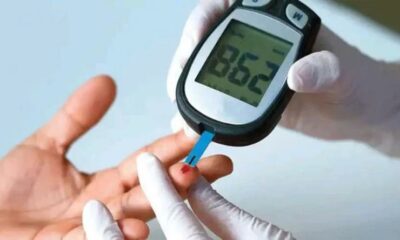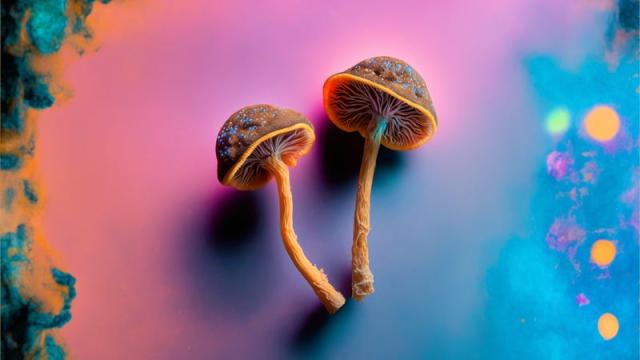This week’s research is the most recent to demonstrate that psilocybin, the primary active component of magic mushrooms, may be an effective treatment for depression. According to the results of the randomised Phase II trial, therapy and a single dose of psilocybin dramatically improved people’s depressive symptoms over a six-week period when compared to placebo. Additionally, those using psilocybin saw bigger gains in their standard of living.
The report was released in the JAMA journal on Thursday. It involved 104 persons with a clinical depression diagnosis of at least moderate severity. A single 25 milligramme dose of psilocybin or niacin was given to the volunteers at random, along with numerous sessions of therapy. Since niacin can temporarily cause unpleasant physical effects like flushed skin, it was decided to use it as a placebo to make it more difficult for participants to determine which group they belonged to. The therapy included “postdose integration sessions” where patients were encouraged to discuss their experiences in addition to a session on the day of dosage.
Both groups were observed for a total of 43 days, or around six weeks. By the end of the research project, the scientists discovered that psilocybin used in therapy was linked to “a rapid and sustained antidepressant effect.”
Based on a validated measurement scale, the psilocybin group reported much lower average levels of depression than the placebo group. Any treatment response that was seen also appeared to endure longer in psilocybin users. Additionally, the psilocybin group reported significant enhancements in their general quality of life and daily functioning. Although there was a higher prevalence of adverse events among those taking psilocybin, the authors note that there were no grave incidents that could be definitively related to the medication.
Phase II studies by themselves cannot prove beyond a reasonable doubt that a medication or treatment functions as intended. However, research keeps pointing to the possibility that certain depressed individuals may benefit from psilocybin-assisted therapy. People with treatment-resistant depression showed a considerable improvement in symptoms after receiving a single big dose of psilocybin in combination with psychological support, according to a comparable Phase II experiment that was published last November.
According to the current study’s authors, “these findings add to mounting evidence that psilocybin—when administered with psychological support—may hold promise as a novel intervention” for depression.
A large-scale Phase III trial of psilocybin-assisted therapy has been started this year by at least one organisation in light of these encouraging findings. If successful, these trials would offer the proof regulators required to formally licence psilocybin for depression. Psilocybin is being researched worldwide for different illnesses like alcohol use disorder. Additionally, there have been regional initiatives in the US to legalise psilocybin for medical use.

 Diabetology1 week ago
Diabetology1 week ago
 Diabetology1 week ago
Diabetology1 week ago
 Diabetology1 week ago
Diabetology1 week ago
 Diabetology2 weeks ago
Diabetology2 weeks ago
 Diabetology1 week ago
Diabetology1 week ago
 Diabetology2 weeks ago
Diabetology2 weeks ago
 Diabetology2 weeks ago
Diabetology2 weeks ago
 Diabetology2 weeks ago
Diabetology2 weeks ago












